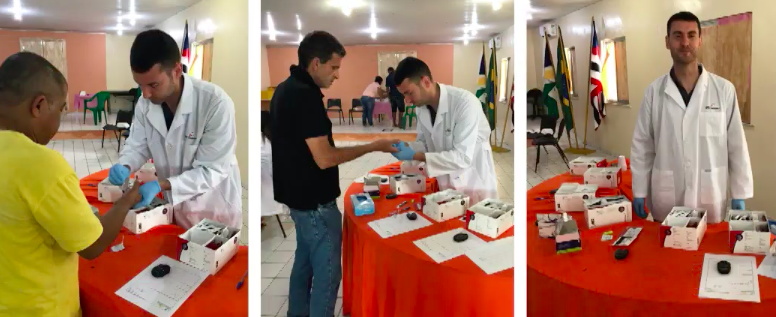PreVantage: Solutions for Outcome-Based Healthcare

Healthcare’s standard “fee-for-service” model provides compensation based on the quantity and complexity of services provided. However, rising medical costs and the intricacies of healthcare delivery has caused the industry to think outside of the box.
Enter value-based payment models.
The Medicare Access and CHIP Reauthorization Act (MACRA) rewards providers based upon the value of services provided instead of the volume. In laymen’s terms, healthcare systems are now being heavily rewarded (or penalized!) for the efficiency of care – think measurable and positive patient outcomes – instead of the number of tests and treatments provided.
As of January 2019, the payment bonus or penalty has increased to +/- seven percent and the stakes are set to intensify even more next year when the penalty or incentive jumps to nine percent. With so much on the line, it’s essential that healthcare organizations transition smoothly into the world of value-based care.
Our existing suite of point-of-care products is uniquely positioned to meet the needs of this new age healthcare model. Fingerstick testing eliminates the need for cumbersome laboratory analysis and can provide results in minutes instead of days. These quick results may help physicians to accomplish more with each patient visit. Moreover, the risk of a patient’s health worsening between testing and results is potentially decreased.
We recently made the organizational decision to prioritize solutions that help healthcare providers to succeed in this world of value-based payment models. Consequently, the PreVantage brand was born.
PreVantage is a suite of products, strategies, and partnerships created to improve patient and provider satisfaction, increase efficiency, lower costs, and maximize reimbursements while helping healthcare providers inspire patients to live healthier, happier lives.
Simply put, it’s a customized, subscription-based solution that assists the healthcare industry with maximizing reimbursement.
Extensive research and firsthand conversations with healthcare thought leaders have led to nuanced collaborations with Rimidi and eTrueNorth, the first of numerous PreVantage partnerships.
Powered by Rimidi, PreVantage ConnectedCareTM allows for enhanced patient monitoring and coaching through the use of unique digital dashboards for both patients and providers. Unlike many other freestanding chronic disease management platforms, it works seamlessly into the physician or care team’s workflow, integrating directly with providers’ Electronic Health Records.
Powered by eTrueNorth, PreVantage ConnectedQCTM assists users of PTS Diagnostics’ solutions in managing their quality control requirements in a manner consistent with regulatory standards. PreVantage customers are also granted preferred access to eTrueNorth’s eQC suite of policy and procedure and regulatory requirement management programs.
The launch of PreVantage has just begun and we’re excited to shift from strictly a product-based company into a solutions provider that is uniquely positioned within the value-based payment environment!
Are you interested in learning more about how the PreVantage suite of solutions helps to eliminate gaps in care? Connect with a PTS Diagnostics sales rep today and follow us on LinkedIn for periodic updates regarding PreVantage and merit-based incentivization.

Stephen Riendeau | Chief Commercial Officer
Mr. Riendeau joined the PTS Diagnostics in 2007 after 17 years of industry-wide sales experience with Specialty Laboratories, Inc., Myriad Genetic Laboratories, Orca Medical Systems, and Abbott Laboratories, Inc. His professional experience prior to PTS Diagnostics included the servicing of individual accounts, territory management, field sales management, and executive direction of corporate accounts. He has overall responsibility for PTS Diagnostics’ global sales in all healthcare segments, sales distribution, and the development and execution of the company’s strategic sales plan. Mr. Riendeau received a Bachelor of Arts in Economics from Florida State University.





